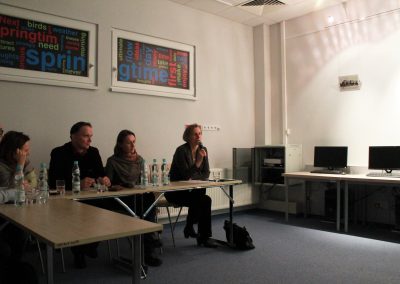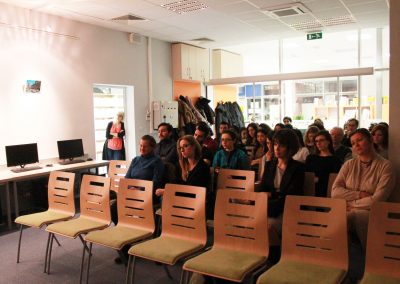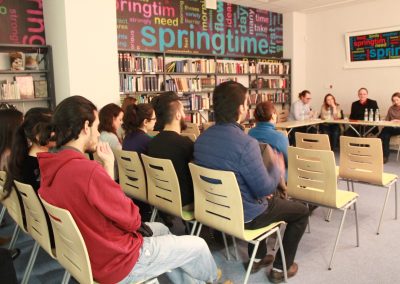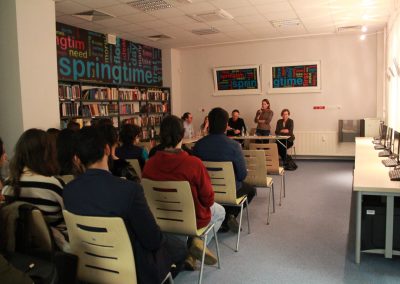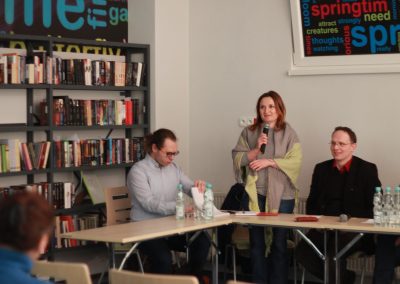On Wednesday we met in the Municipal Library Fil. 4 to participate in the debate entitled Gender ideology(ies): Man and woman – different by nature, inequal by society? We tried to find the answer to this question with our four guests: sociologists Borys Cymbrowski and Anna Czerner, philologist Katarzyna Molek-Kozakowska and biologist Elżbieta Pogoda.
We were aware that for most people the term gender is unfamiliar or even unfriendly, especially when someone is not a philologist or a social researcher, so we started with the basic questions: what gender is, how it exists in our respective fields of studies, and if there exists gender ideology. We can say that gender in general is about social consequences of being men, women or the others, because in the opinion of Elżbieta Pogoda even from a biological point of view there are more than only two sexes. And there is no evidence that one sex has an advantage over another.
In Polish media we encounter some false beliefs about the meaning of the word “gender”. But as Borys Cymbrowski mentioned it is a problem of confusion of nature with culture, because in the Polish language we have only one word (płeć) for gender and for sex. So some commentators confuse biological meaning with the cultural one. They accuse gender scholars of promoting a dangerous ideology which tries to convince people to choose their sex. As Anna Czerner said, the truth is that in the social sciences gender was a neutral category to analyse the relations between people in society, but unfortunately some institutions and politicians took one of the least popular topics in gender studies and used it as a basis to create and apply gender ideology as a political tool.
After that we focused mostly on language aspects within gender issues. Katarzyna Molek-Kozakowska indicated that for her it was easier to introduce herself in English than in Polish, because in Polish most names of academic professions have only a masculine gender, or even if it has a female gender, masculine forms sound more serious and more prestigious. But language is not a constant phenomenon – it is changing all the time. Twenty years ago we considered some female forms of words as strange, but today we take them for granted. We concluded that it is important to include more women-related forms to language, and it is one of the main catalysts of social changes in the public sphere.
We are really glad we could discuss it with you and with the citizens of Opole. We would like to thank you all for your presence and participation, and we hope to see you soon during another discussion. The aim of the whole debate was to clarify a little the problem of gender, but two hours is a short time when you are discussing such an important and complicated topic – so we treat this meeting only as a start. The debate is still open.
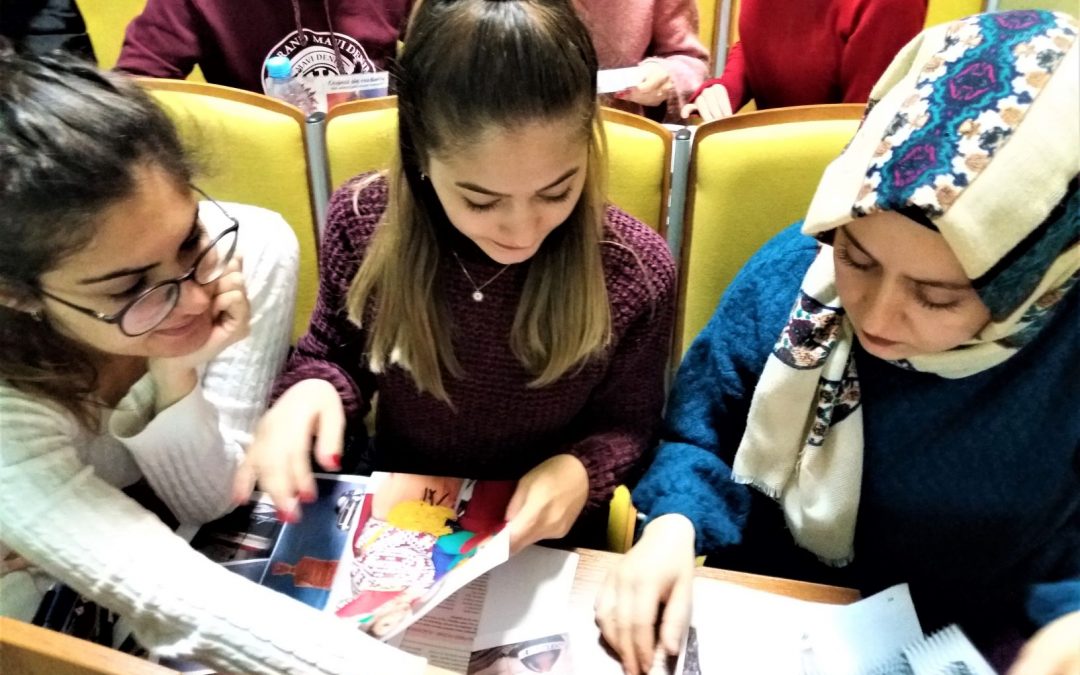
Registration for language courses and exams
Registration for foreign language courses (summer term) and for exams from language courses (winter term) will begin soon. The Foreign Language Centre asks all students to get to know the details of registrations. All students are asked to check their usos logins and...
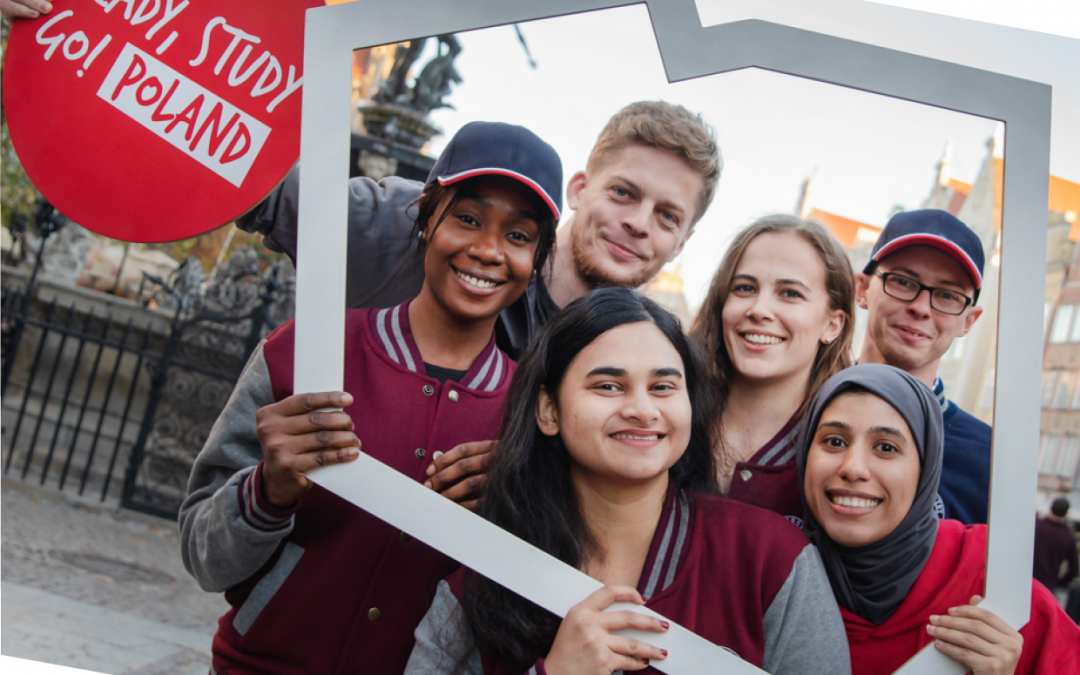
Become a Digital Ambassador of Poland!
NAWA is looking for Digital Ambassadors of Poland! Are you a student or alumnus of a Polish university? You feel that your Polish experience is really special and you would like to share it with the world? We are looking for you! Join the efforts of NAWA's Department...
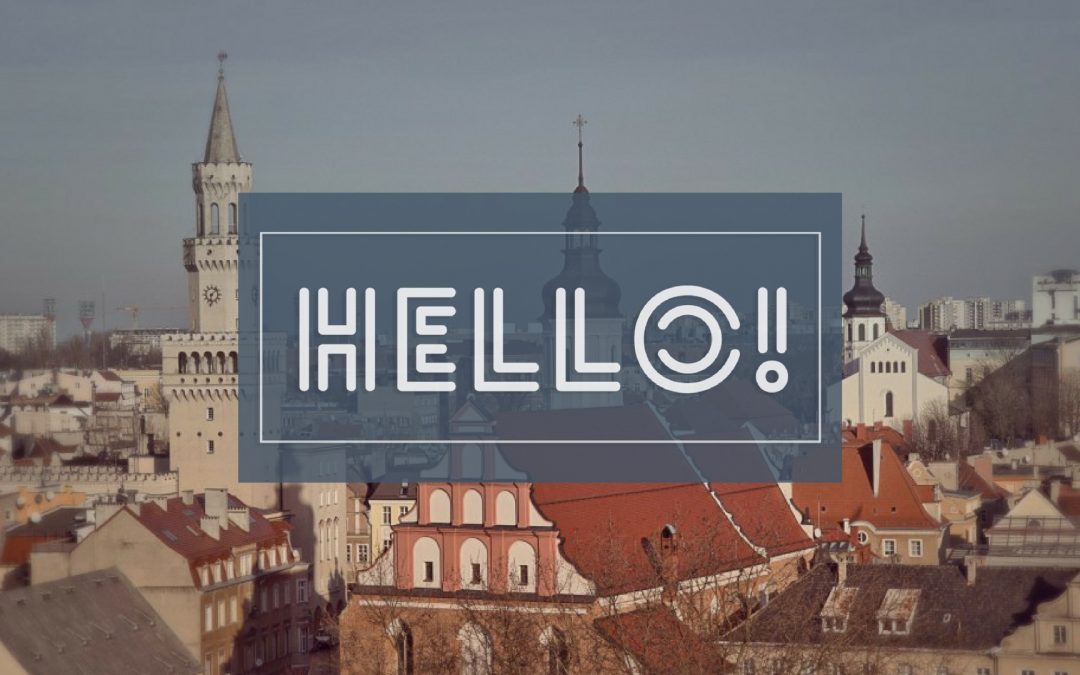
Hello Office
The Office for International Study Programme concludes its operation The end of the year 2019 marks the last day of the operation of the Office for International Study Programmes at the University of Opole. The University of Opole has evolved and has been...

Flavours of the World vol. 3
The programme is co-financed by the European Social Fund in the framework of Knowledge Education Development Operational Programme, non-competition project Increasing competencies of academic staff and institutions’ potential to receive people from abroad – Welcome...
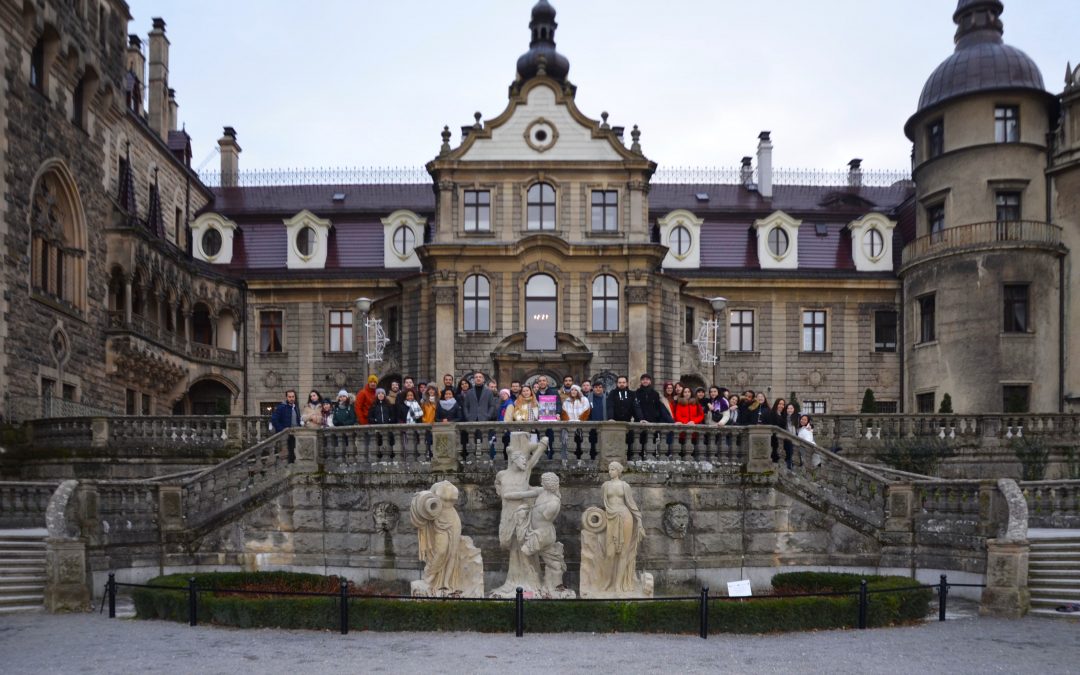
Moszna Castle
On Saturday, Dec 14, a group of 47 UO students visited Moszna Castle. Check out some pics! A few words from Abdelrahman Elkhouly - our student, who organized this event: "I like to discover more in Poland, Moszna is one of the interesting places in opole...
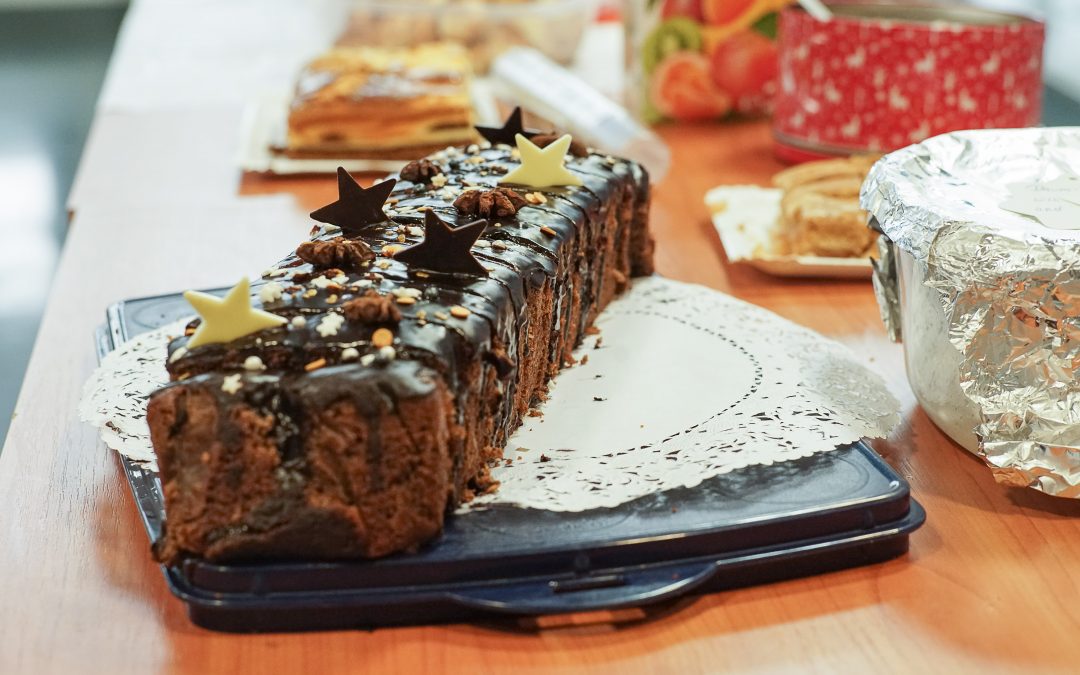
Polish Christmas and Chinese Students
The meeting dedicated to the Polish Christmas traditions and organised for Chinese students studying at the University of Opole was held on December 16, 2019 at Collegium Maius. The aim of the meeting was to familiarise our guests with the most specific aspects of...
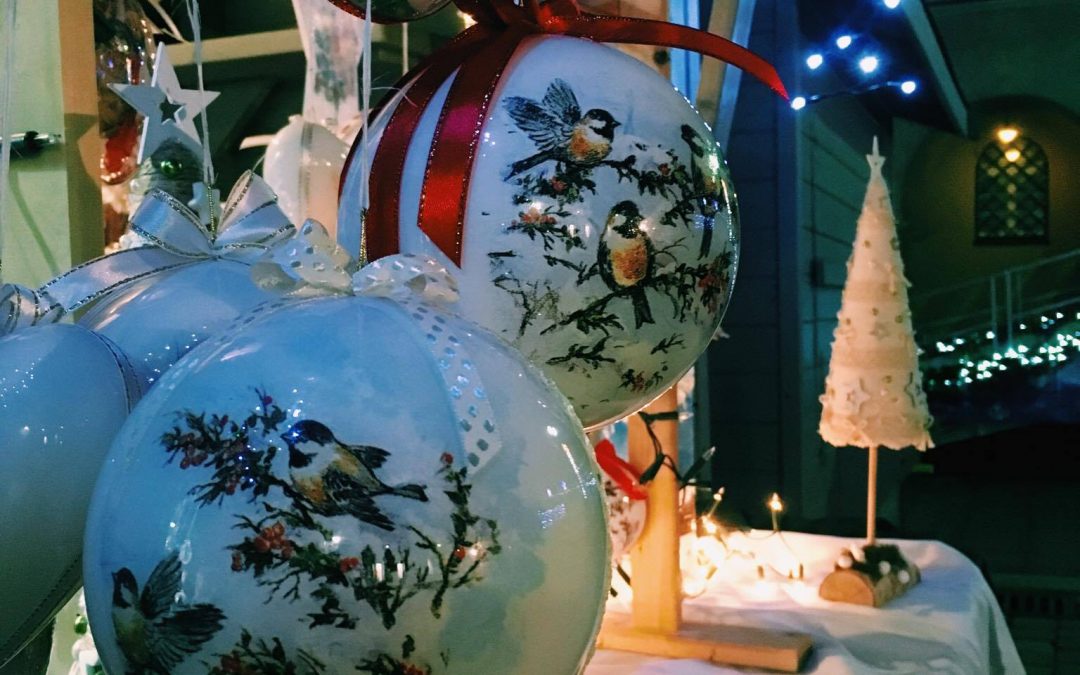
Christmas break and the end of semester
Dear Students! The end of semester and exam session are coming. You can check the details of important deadlines in our academic calendar here: http://uni.opole.pl/page/en/3081/ The most important dates and information about which you should remember: On 20th of...
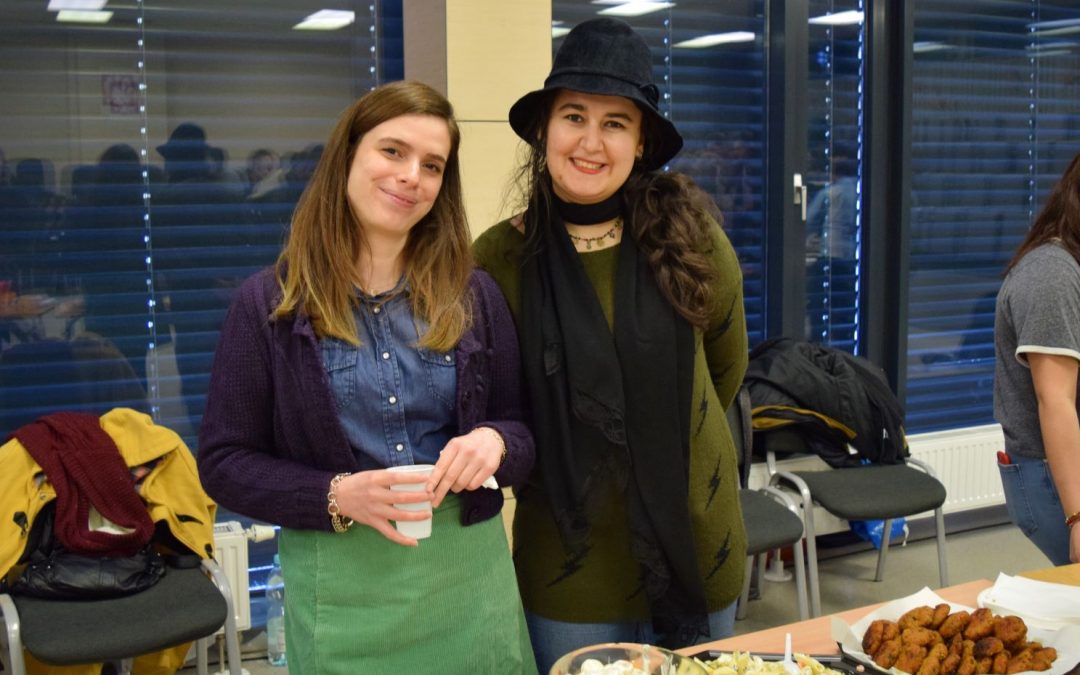
Flavours of the World
The programme is co-financed by the European Social Fund in the framework of Knowledge Education Development Operational Programme, non-competition project Increasing competencies of academic staff and institutions’ potential to receive people from abroad – Welcome...
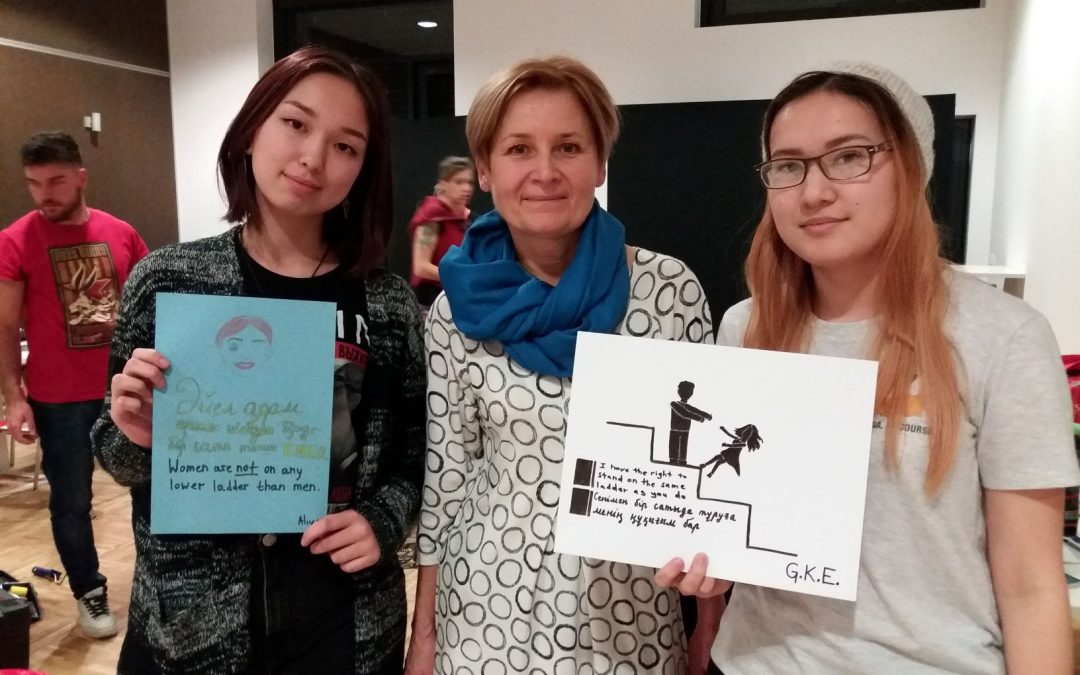
16 Days against
Dear Students! We want to thank you for participation in the campaign 16 Days against gender-based violence. We've got some pictures with our foreign students, who actively participated in the events . More News

Christmas without borders
Christmas Eve is one of the special and particularly important traditions of this holiday season, which has been proven by many initiatives to make the atmosphere even more festive and joyful. One of them is Christmas without borders event organized under the...
